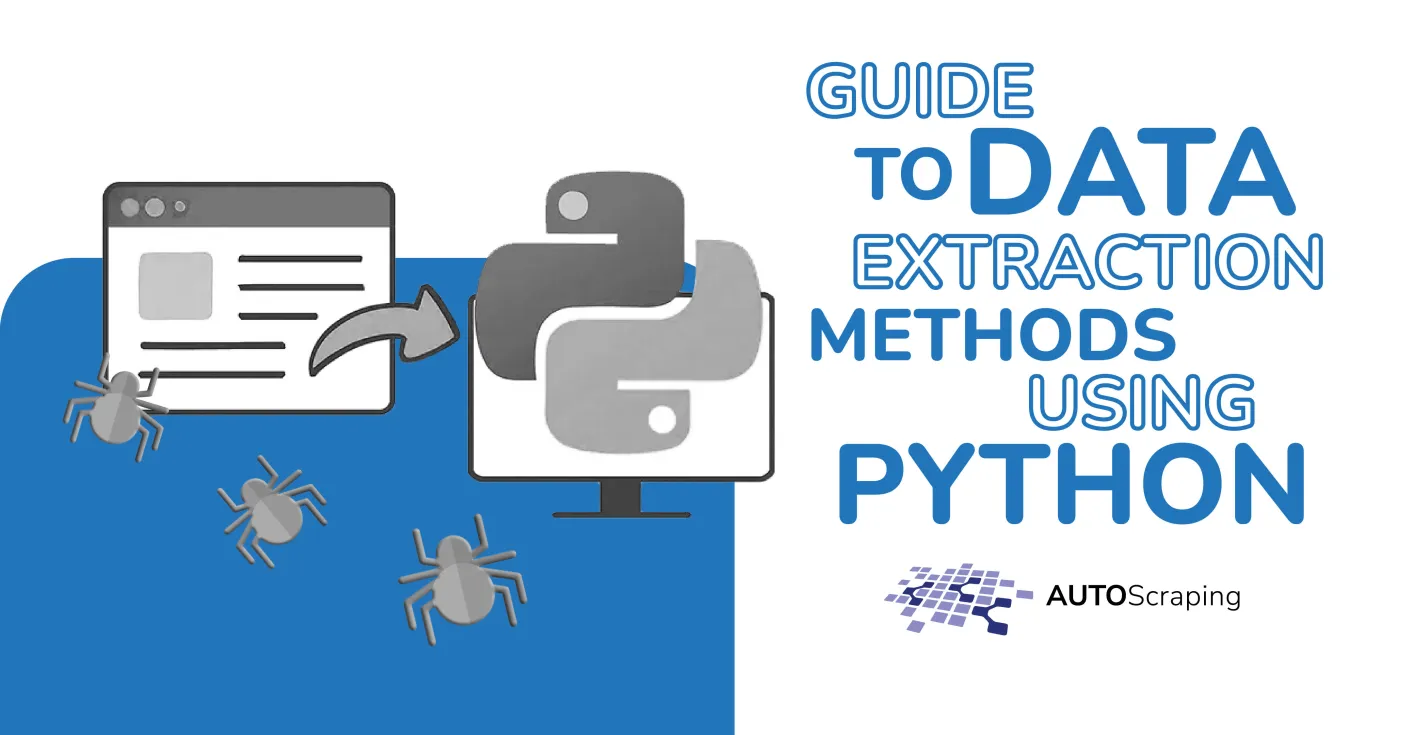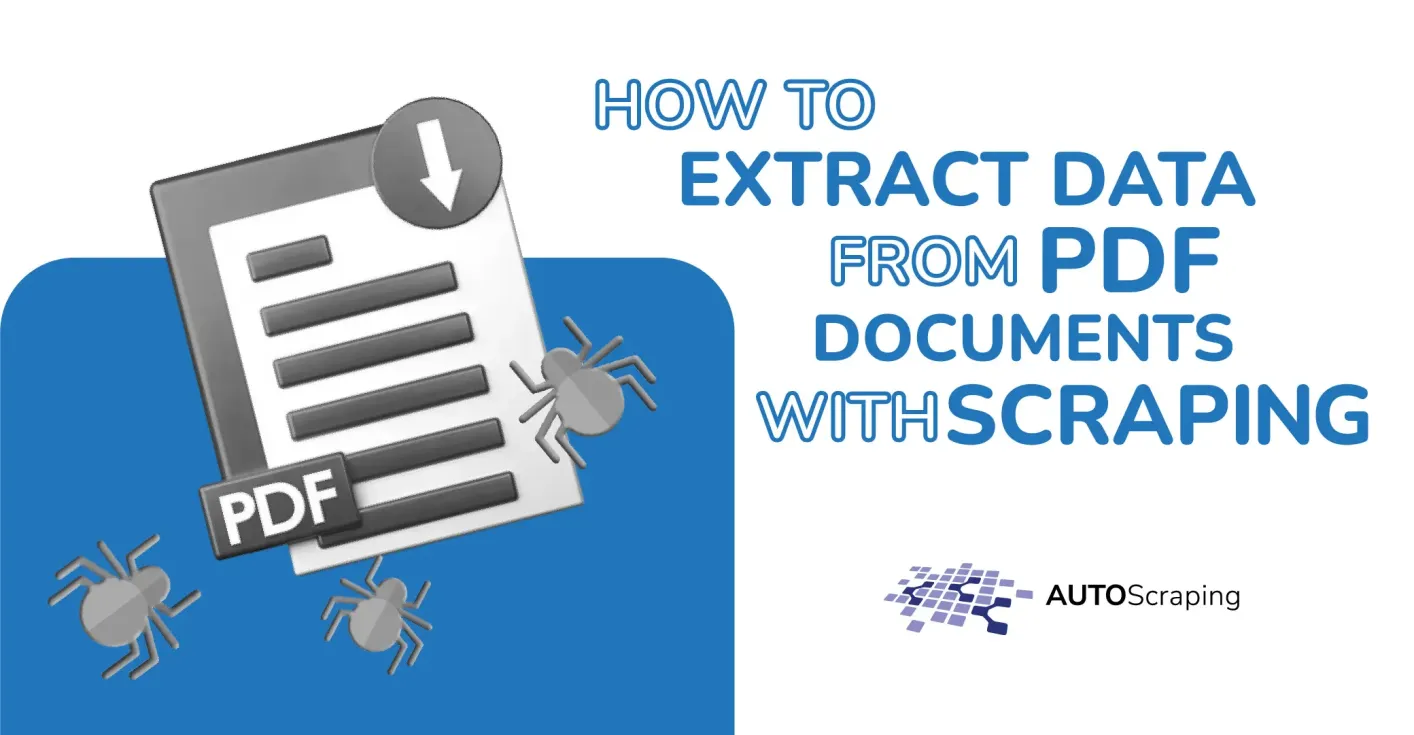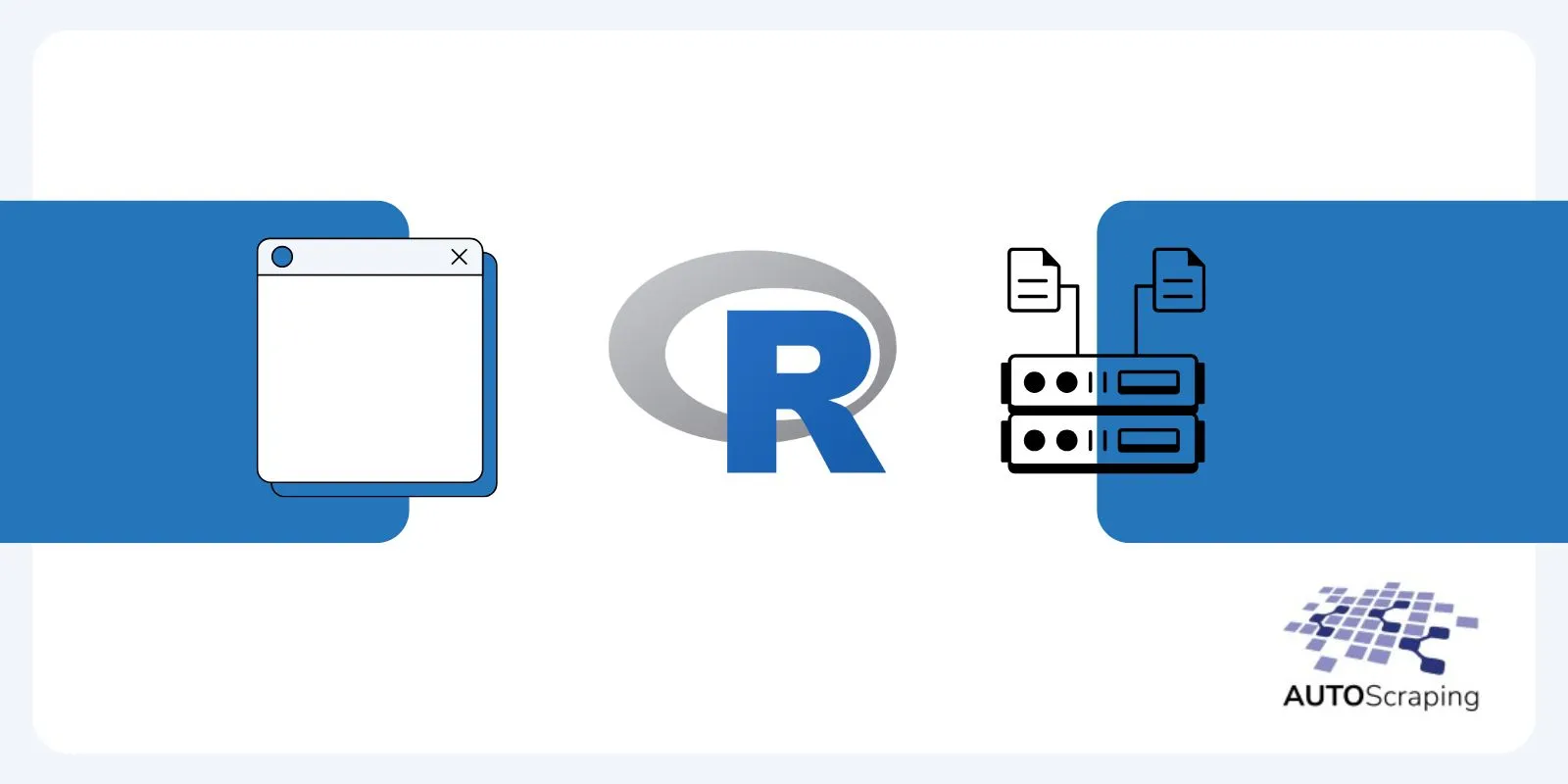Using new web data extraction technology to elevate real estate industry results
In an ever-evolving digital landscape, industries are finding innovative ways to leverage technology for a competitive edge. The real estate business is no exception. One of the most significant transformations in recent years has been integrating web scraping technologies.
The Changing Landscape of Real Estate
The real estate industry has evolved significantly with the advent of online listings, property portals, and digital marketing. Buyers, sellers, investors, and real estate professionals are now more connected than ever, creating a wealth of data that can be harnessed for strategic advantage.
What is Web Scraping?
Web scraping involves extracting data from websites and converting it into a structured format for analysis. It enables automation, data aggregation, and monitoring of web content.
How Web Scraping Benefits Real Estate
a. Data Collection and Market Research
Web scraping allows real estate professionals to gather vast amounts of data, including property listings, market trends, and historical pricing information. This data empowers informed decision-making.
b. Price Monitoring and Trend Analysis
Real-time monitoring of property prices and market trends helps investors and realtors make timely decisions regarding buying, selling, or renting properties.
c. Property Valuation and Appraisal
Web scraping tools can provide data on comparable property values, aiding property appraisal and pricing strategies.
d. Competitive Intelligence
Real estate businesses can track competitors’ listings, marketing strategies, and market share, gaining a competitive edge.
e. Lead Generation
Scraped data can identify potential clients or properties that meet specific criteria, streamlining lead-generation efforts.
Legal and Ethical Considerations
Is Web Scraping Legal? The short answer is yes, but it is necessary to adhere to the website’s terms of service, privacy regulations, and ethical scraping practices, which are crucial. Respecting property owners’ and data providers’ rights is essential to extracting the critical data the real estate industry needs.
Challenges and Best Practices
Addressing challenges such as website changes, anti-scraping measures, and data quality is essential. Employing rate limits, proxies, and error-handling strategies are best practices for successful web scraping.
Case Studies: Real-World Applications
- Gathering data on properties for sale or rent from multiple websites allows real estate companies to collect prices, property features, locations, and more data to conduct comparative analyses and make informed pricing strategies, investments, and marketing decisions.
- Monitoring market trends, including fluctuations in property prices, mortgage interest rates, available inventory, and more. Collecting and analyzing this data in real time, they can adjust their business strategies to adapt to market trends and anticipate changes in demand.
- Lead generation and competitive analysis, identifying business opportunities by collecting data on potential customers, such as contacts of individuals who have shown interest in specific properties. Additionally, they can use web scraping tools to monitor the online activity of critical competitors, such as new property listings, pricing strategies, and promotions, to inform their own marketing and sales strategies.
Conclusion
Web scraping has ushered in a new era in the real estate business, enabling professionals to make data-driven decisions, stay ahead of market trends, and gain a competitive edge. As the industry continues to evolve, those who harness the power of web scraping will be well-positioned to thrive in this dynamic and highly competitive market. Embracing web scraping as a strategic tool is no longer an option but a necessity for those seeking success in the modern real estate landscape.





















